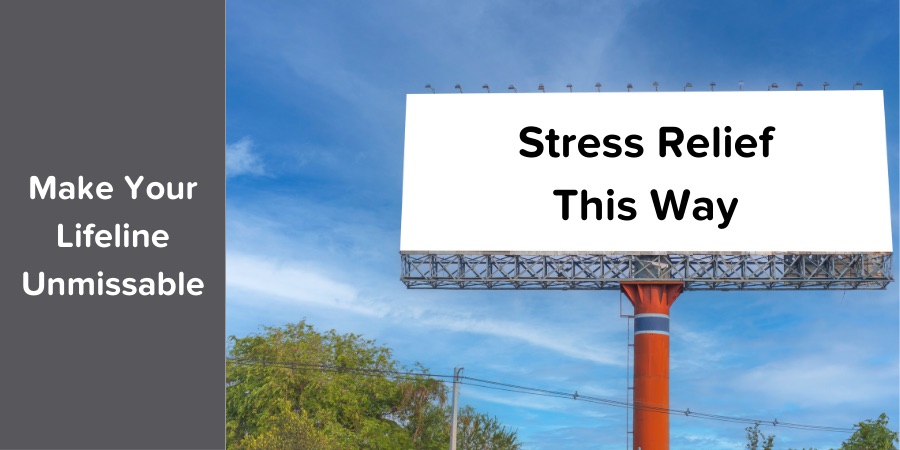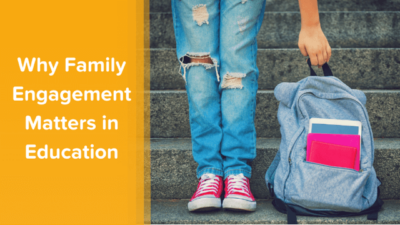By Fran Lartigue, director of content
When my twins had just turned 1, my daughter was 4 and my husband was on a business trip in NYC, I got one of “those” phone calls. The type that you are totally unprepared for, delivering breathtaking bad news. I saw a number did not recognize on the caller ID and then heard my husband’s coworker talking in an awkward tone, “he’s been hit by a car.”
The call ended with him telling me, “Don’t worry, he’s going to be okay.”
“Okay”, but what does that even mean when someone gets hit by a car? It turns out, many different things. Over the course of that evening I would learn that “okay” meant he had sustained non-life threatening but severe injuries to both his legs. It was bad, but he was in the hands of some really good doctors who were going to literally try to put him back together again.
What is “Okay”?
As things unfolded, “okay” would mean over a month in the hospital hours from our home in Massachusetts and countless surgeries. It meant the doctors would succeed; legs saved. During this time, I would revisit those words in my head regularly. Sometimes as meditation of reassurance, “He’s going to be okay.” On days I struggled to see any path to okay the phrase came to me as more of a question, “he’s going to be okay?”
As his time at the hospital grew to a close, the path to “okay” started to get laid out. It would involve inpatient therapy at a rehabilitation center. How long? No one was quite sure. Where would he go? That was the biggest question of all and I was completely unprepared to answer it.
Here’s something that I realized, and we need to remember, when you are part of the crisis that is unfolding you are in no position to find resources.
So much of my energy was being spent existing and trying to hold things together for my young kids and husband that finding a rehabilitation center, or even finding someone who could help felt beyond my mental capacity.
I could feel various levels of crisis fatigue setting in. Overwhelm and anxiety combined with a sense of helplessness left me feeling on edge. Here’s the thing, our bodies were never meant to experience constant and unrelenting stress. This prolonged period of upheaval left me with constantly fractured thoughts, making focusing on anything a challenge. I struggled to do anything well, including parent. Thankfully significant support from our community and family buffered our children from the worst of things.
The billboard
It was about this time, after visiting possible options for rehab, finding none, and on the verge of truly losing it, that I saw a billboard. THE BILLBOARD! I am not overexaggerating when I say it appeared like a beacon in the sky. How had I not noticed it before?
There it was in big bold letters, “Fairview Commons Nursing and Rehabilitation Center”.
Seriously. How had I not realized that the nursing home 25 minutes from my home was also a rehab center? I pulled over and scribbled down the number, calling when I got home.
That billboard led us to the place he would spend the next 4 months learning to stand and walk again. When you are in the throes of crisis, finding that thing that can get you out of crisis mode feels like how I imagine winning the lottery does.
This right resource at the right time was not a cure all – it didn’t take away the frustration and pain, both physical (him) and emotional (us). It did make it all bearable though. Knowing that he was receiving the therapy necessary to heal and recover moved us beyond the feeling of crisis. Being able to access the resources he needed, eased enough stress that we could focus on creating a new normal as a family, and most importantly he could heal. It was enough to make us feel that it really was going to be okay.
This is what we want and hope for all families who are in the midst of a crisis.
Billboards aren’t enough
While we felt consumed by our experience, this accident puts us in the company of over half of U.S. families. According to SAMHSA, “54% of U.S. families have been affected by some kind of disaster”. All you have to do is read the newspaper to realize this number is growing given the effects of the COVID-19 pandemic. As crisis and trauma grows with children and families, so does the need to connect people with key resources in their time of need.
Billboards, while they make a good story of coincidence, aren’t the most effective form of communicating resources. As it turns out I had passed that billboard at least a dozen times too stressed and lost in my head to register it as an answer. Texting on the other hand is very effective.
Text messaging is by far the most accessible technology. We know that 97% of American adults under 50 have a cell phone regardless of their background or economic resources. Of those adults, 98% send and receive texts. Those text messages have a 98% open rate. If we want to get resources in the hands of the most vulnerable families who need help the most, text them.
This is exactly what we do in our ParentPowered Trauma-Informed Program.
We give partners their own texting number and create custom messages linking to their local resources. The stream also includes links to national resources that we have vetted as well as the opportunity for partners to send their own messages directly to families.
Anyone who has ever needed to navigate finding a resource during a time of need knows that quality matters. If the right resource at the right time feels like winning the lottery, then a resource that doesn’t offer what it says it will or is too difficult to navigate in a time of stress feels like getting lost deep in a maze. In fact, if a referral or resource is not productive, or if it makes someone feel overwhelmed and defeated, it’s going to have the opposite intended effect. It’s not going to feel supportive and might even be triggering, reminding people of how systems have let them down in the past. Reminding them of forms and information that are too complicated to fill out. Reminding them of all the supports that are out there that they can’t access. People end up feeling helpless instead of helped.
Make lifelines unmissable
Part of the assessment work we do with partners around resources involves making sure that the resource will feel helpful and supportive to families. It’s something that you can do too. It really just involves replicating the parent’s experience.
If it’s a web based resource we ask ourselves the following questions:
- Does it work?
- Does it take you to the specific resource with just one click?
- Is the information accessible? What’s its reading level?
- Is it available in all of the languages that are spoken in your community?
- If there’s time-sensitive information, is it updated?
- And if you have a calendar, is it up to date?
When a resource is phone based, the process is similar:
- Call it, does someone pick up?
- If it takes you to a voicemail, does someone return your call?
- Ask someone at the organization what a parent might want to say in order to have a productive conversation.
Lately, a big part of my days have been spent working with partners to assess their resources and create community support streams for the families they serve. As I write each message, especially those that revolve around need based resources and crisis supports, I think back to that billboard and what it feels like to find just the right resource when you need it most.
Now more than ever we encourage you to join us in connecting families with the resources they need most. The ones that will help them thrive in the face of adversity and challenge.
About the author
Françoise Lartigue is the Director of Content at ParentPowered. She began her career teaching kindergarten in the South Bronx through Teach for America, and has ten years of experience working in both the public and private sector. Most recently, she worked with the Flying Cloud Institute to design and implement STEM and STEAM based units for elementary classrooms. Francoise has a Master’s Degree in Early Childhood Education from Bank Street College.






